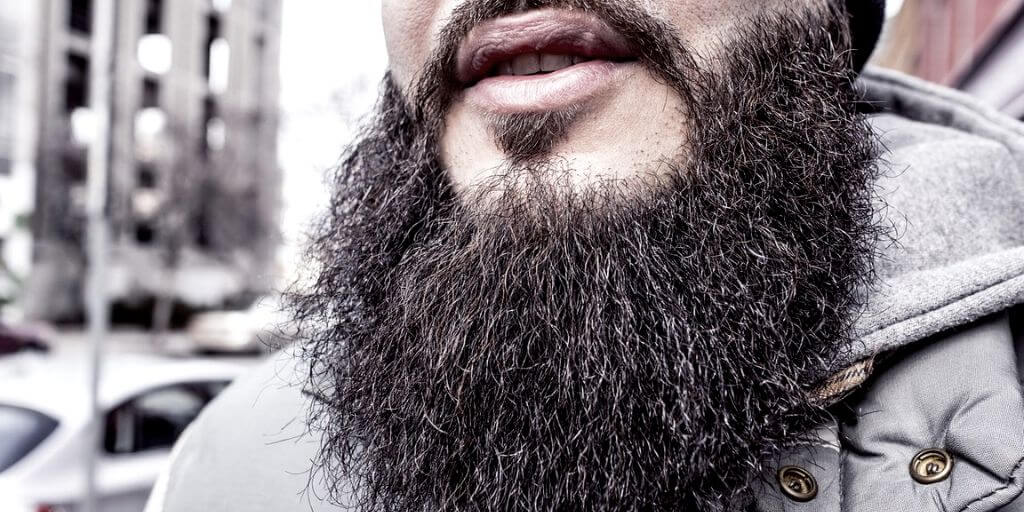On August 9, 2019, Governor Cuomo approved a change to the New York State Human Rights Law enhancing worker religious discrimination protections. The law will now specifically address applicant and employee accommodations based on religious attire and facial hair. The amendment will take effect on October 8, 2019.
Religious Attire Protections
The amendment expands or at least clarifies the existing protections from religious discrimination under New York law.
The law already prohibits employers from requiring an applicant or employee to “violate or forego a sincerely held practice of his or her religion.” Before, this specifically included “the observance of any particular day or days or any portion thereof as a sabbath or other holy day.” Now the law adds a specific reference to “the wearing of any attire, clothing, or facial hair in accordance with the requirements of [the person’s] religion.”
“Undue Hardship” Exception
Employers will not always have to allow employees to wear religious attire or facial hair in every situation. There is an exception if, after engaging in a bona fide effort, the employer can “demonstrate that it is unable to reasonably accommodate the employee’s or prospective employees sincerely held religious observance or practice without undue hardship on the conduct of the employer’s business.”
Employers Must “Reasonably Accommodate” Religious Beliefs
New York State and federal law both require employers to make a reasonable religious accommodation for an employee’s sincerely held religious beliefs, unless doing so creates an “undue hardship” on the employer. Protected religious beliefs may include those of a traditional, organized religion. But also include beliefs not part of a formal religion or sect, even if practiced by relatively few people.
Employers should consider various factors in assessing whether a religious accommodation request imposes an undue burden or hardship. Here are some factors highlighted by the New York Attorney General:
- the type of workplace;
- the nature of the duties required for the position;
- any cost associated with the implementation of the request relative to the size and budget of the employer;
- the effect that the religious accommodation may have on the business;
- any collective bargaining rights or seniority rights that may exist;
- the number of individuals that may require the accommodation;
- any impact on workplace safety and productivity;
- whether the requested accommodation would conflict with another law that pertains to the circumstances; and
- whether any alternative accommodations would also meet the needs of the religious needs of the applicant or employee.
It is often difficult for an employer to truly understand what religious beliefs would be considered “protected” under state and federal law and therefore must be accommodated. If you have an applicant or an employee that has requested a reasonable accommodation based on a protected religious belief, it is strongly recommended that you seek guidance from an employment attorney before making a decision that could potentially subject the company to liability.
Review and Prepare
New York employers should review existing dress code and grooming policies in light of the revised law. You should ensure that all personnel responsible for receiving and responding to applicant and employee accommodation requests in New York familiarize themselves with the new religious attire provision. They must also understand their obligations regarding religious accommodation requests generally.
For more New York employment law updates, subscribe to the Horton Law email newsletter.
